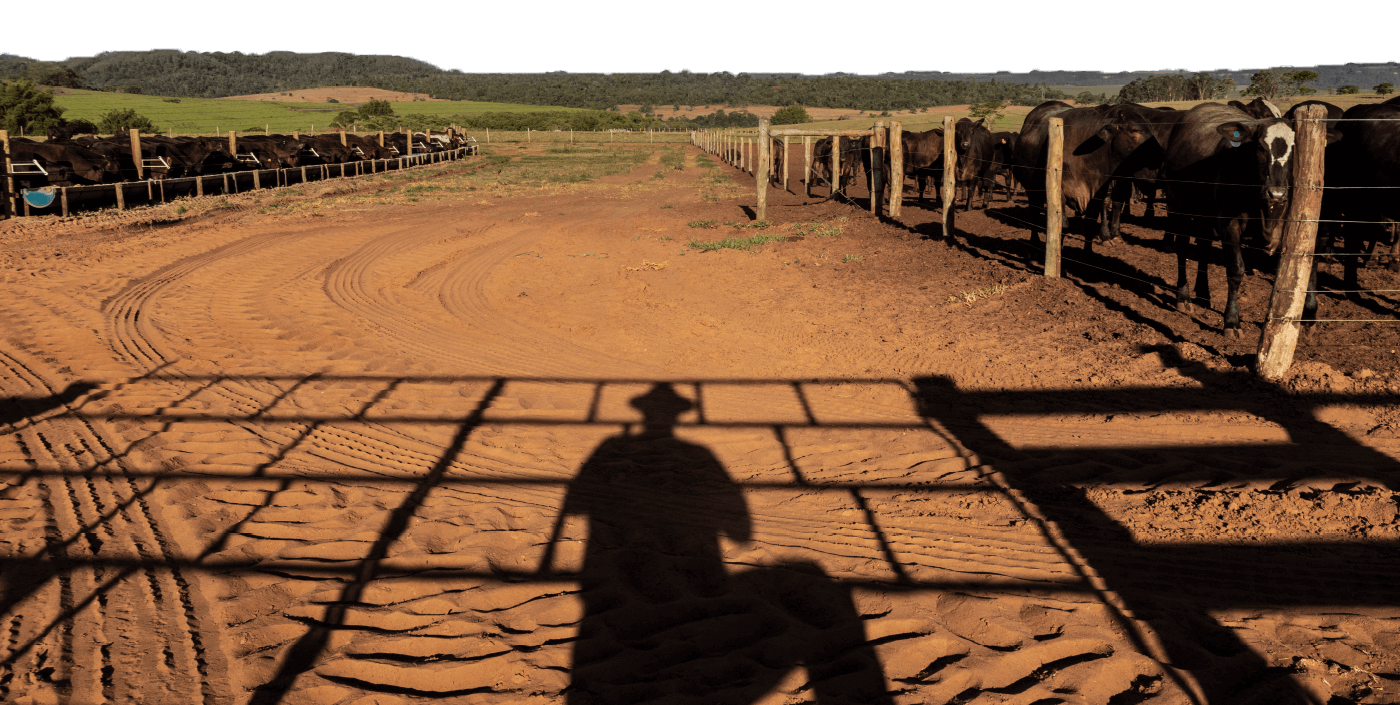

The three-in-one feedstuff
Highly digestible whole cottonseed is an effective source of fiber, fat and protein1 in feedlot rations with no adverse effects to animal performance.2
Fiber
Whole cottonseed is a nutrient-dense option that contains ample energy and fiber to promote rumen function3 and digestive health4.
Fat
Research has shown that the fat in whole cottonseed improves body condition in beef cattle, which can lead to better reproductive performance5.
Protein
Whole cottonseed is a nutrient-dense option that’s high in protein4, which is the component most often lacking in beef cattle diets. This helps support muscle growth, animal development and lactation5.
Why Whole Cottonseed?
Find out why Oklahoma State University Associate Professor Blake Wilson recommends including this unique feedstuff in beef cattle diet rations.
Proven beneficial for beef cattle
Improves beef cattle body condition
Great supplemental feed option
Connect With A Seller Near You
Sourcing whole cottonseed is direct and simple with the Cottonseed Marketplace, an easy-to-use connection point for buyers and qualified sellers.
Cottonseed Marketplace
Click your state or a state near you to see a list of cottonseed suppliers that serve your area.
1 Smith, N.E., Collar, L.S., Bath, D.L., Dunkley, W.L., Franke, A.A. (1981). Digestibility and effects of whole cottonseed fed to lactating cows. J. Dairy. Sci. Vol. 64, no. 11, pp. 2209-2215., doi: 10.3168/jds.S0022-0302(81)82831-7.
2 Warner, A.L., et al. (2020). Effects of utilizing cotton byproducts in a finishing diet on beef cattle performance, carcass traits, fecal characteristics, and plasma metabolites. Am. Soc. of Anim. Sci. Vol. 98, issue 2, doi:10.1093/jas/skaa038.
3 Parish, J. (2022) Fiber in beef cattle diets. Mississippi State University Extension website. https://extension.msstate.edu/sites/default/files/publications/publications/P2489_web.pdf.
4 Kellogg, D.W., Pennington, J.A., Johnson, Z.B. and Panivivat, R. (2001). Survey of management practices used for the highest producing DHI herds in the United States. J. Dairy. Sci. Vol. 84, Supplement, E120– E127. doi:10.3168/-jds.S0022-0302(01)70206–8.
5 Parish, J. (2009). Protein requirements of beef cattle. Mississippi State University Extension. https://extension.msstate.edu/sites/default/files/topic-files/cattle-business-mississippi-articles/cattle-business-mississippi-articles-landing-page/mca_apr2009.pdf.

